A united G 20 and the New Delhi declaration
From condemning terrorism in all its manifestations and curbing money laundering, the Declaration addressed xenophobia, racism and intolerance.
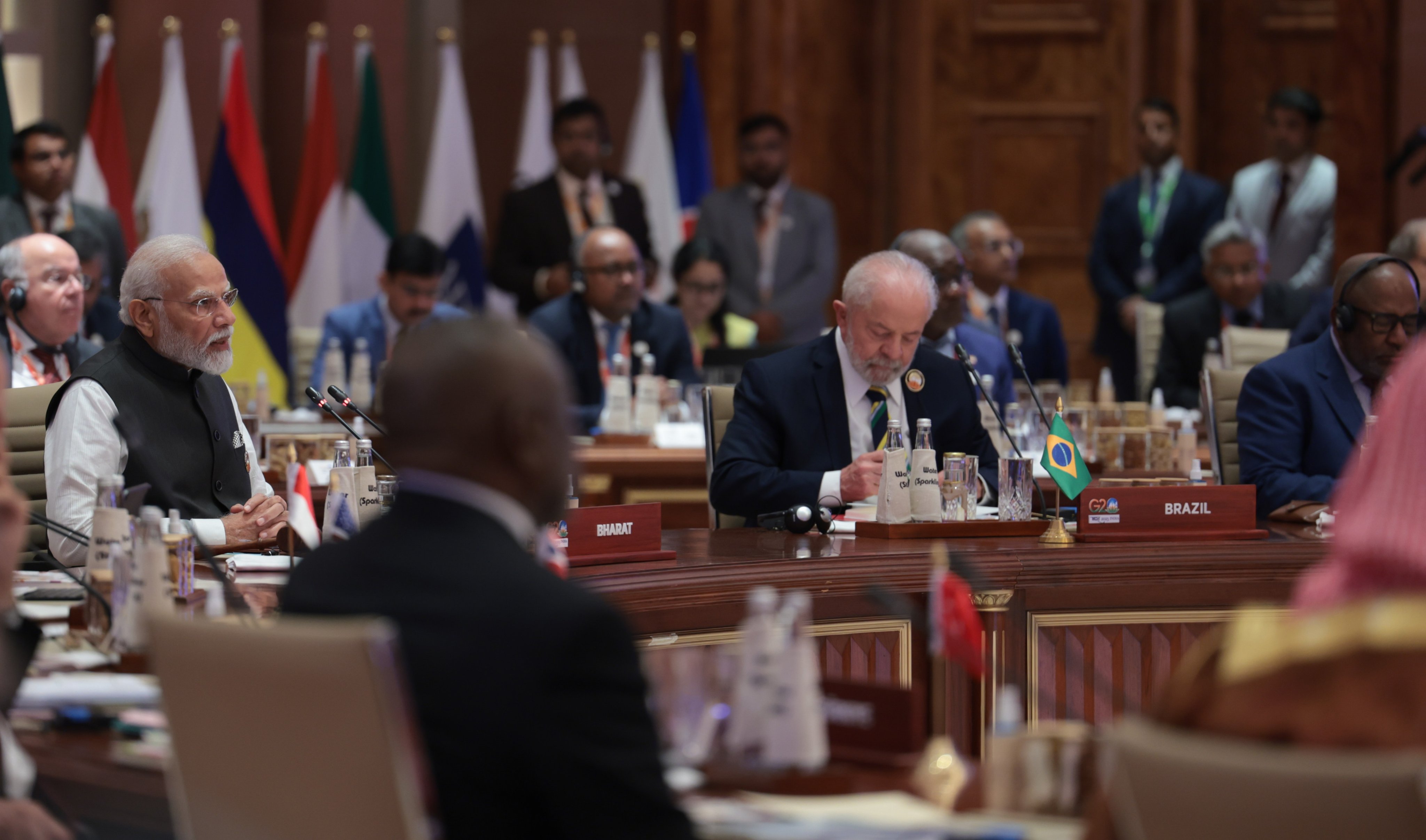
Already on the global stage for sometime now, India could not have had it better. Defying doomsayers and brushing aside all those sceptics who were maintaining that the Summit of the Group of 20 was bound to fall by the wayside for one reason or another, a global consensus was indeed achieved and that too on the first day itself of the mega event.
Noteworthy and of special significance is that the 55 member African Union will now take a formal seat at the Table as the 21st member and in the process bringing to the grouping the critical voice of the African continent to the issues of the international community.
And it was no small feat for Prime Minister Narendra Modi and his team that world leaders agreed on a common language reflecting a desire to move forward on issues and challenges before them instead of falling back on the usual yesterday- type rhetoric and hyperbole that would have led them nowhere.
That the leaders took seriously what Prime Minister Modi said in his inaugural address that only a unified approach could get over the several crisis facing the world that culminated in a “global trust deficit” is indeed to be taken note of.
The Indian leader was right on the mark when he argued that in the aftermath of the Covid pandemic, a huge lack of trust has come about in the world with conflict only deepening it. He did not mention Ukraine or Russia by name but the obvious could not be missed not merely by death and destruction but also of regional and global economic ramifications including on the food supplies front. Hopefully the parties involved in the safe movement of food grains through the Baltic will take necessary steps.
The New Delhi Declaration had messages for everyone, not just for the participants at the table. From condemning terrorism in all its manifestations and curbing money laundering, the Declaration addressed xenophobia, racism and intolerance; on a global biofuel alliance; an international climate action platform; and expanding renewable energy capacity including the setting up of the Green Hydrogen Innovation center.
The multiple agreements spoken of in the Declaration includes reform of multilateral development banks, a framework for cryptocurrency, a lifestyle for sustainable development and cooperation on artificial intelligence.
At the end of it all, India showed the G 20 and the world what teamwork could achieve with a singular message being that constant cribbing about what has happened is unlikely to be a useful map for the future. For instance there is the element of disappointment in Ukraine that the New Delhi meet did not condemn that war “against Ukraine”.
Therefore to make the argument that the G 20 had “nothing to be proud of” misses the point. The leaders assembled in New Delhi looked at the future course especially in the context of a dangerous drift in the war particularly in repeated suggestions of the use of nuclear weapons.
Given the magnitude of the event and in all the contentious issues on hand, credit must be given to both the organisers of the program as well as the negotiating teams to have weaved through complex details and language sensitivities to come up with a consensus document without a single note of dissent. The onus is now on the next Presidency of Brazil to build on the gains achieved in New Delhi.
ADVERTISEMENT
ADVERTISEMENT
E Paper
Video




1744365251.png) Editorial Board
Editorial Board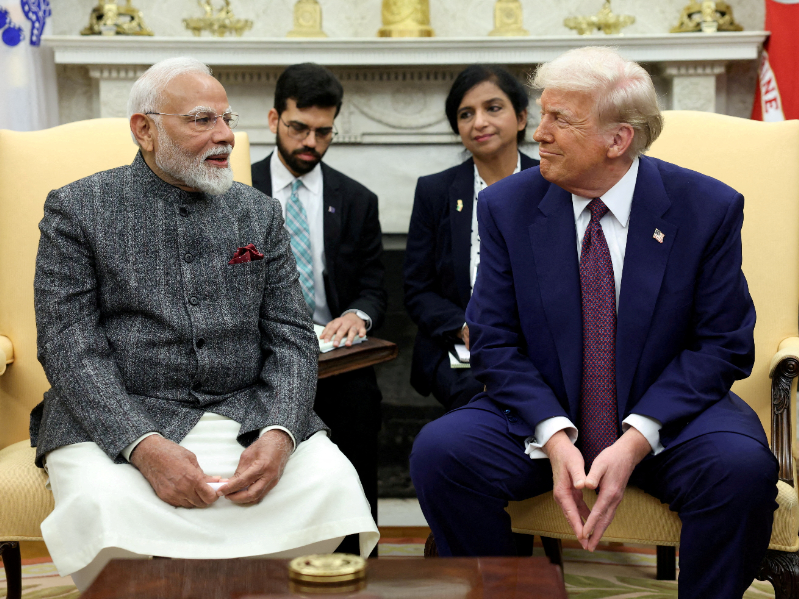
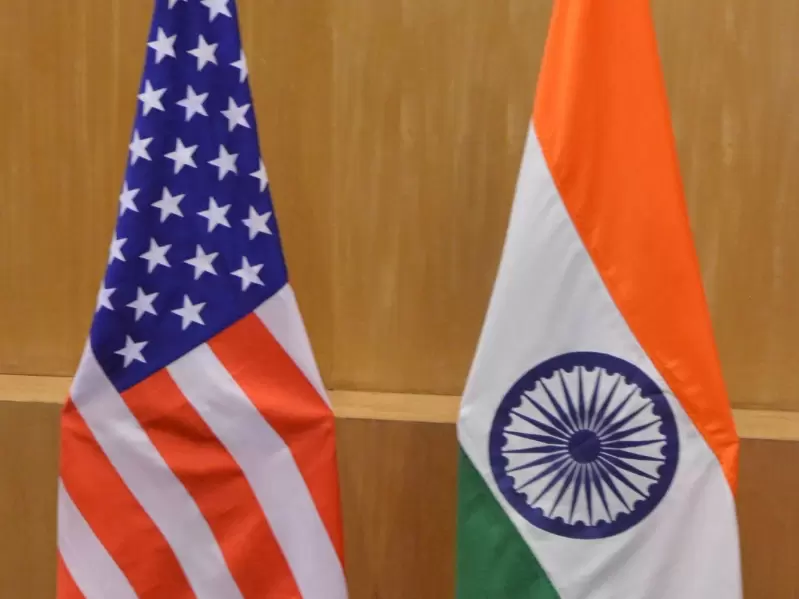




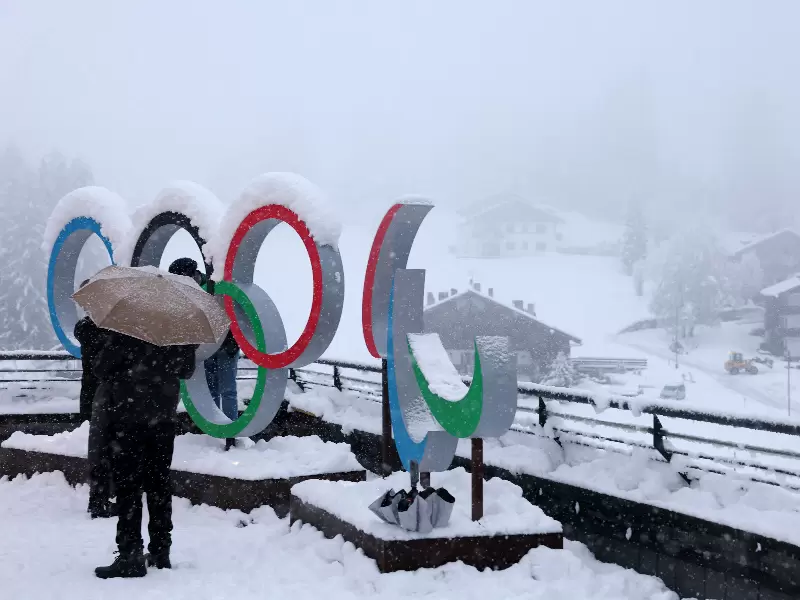

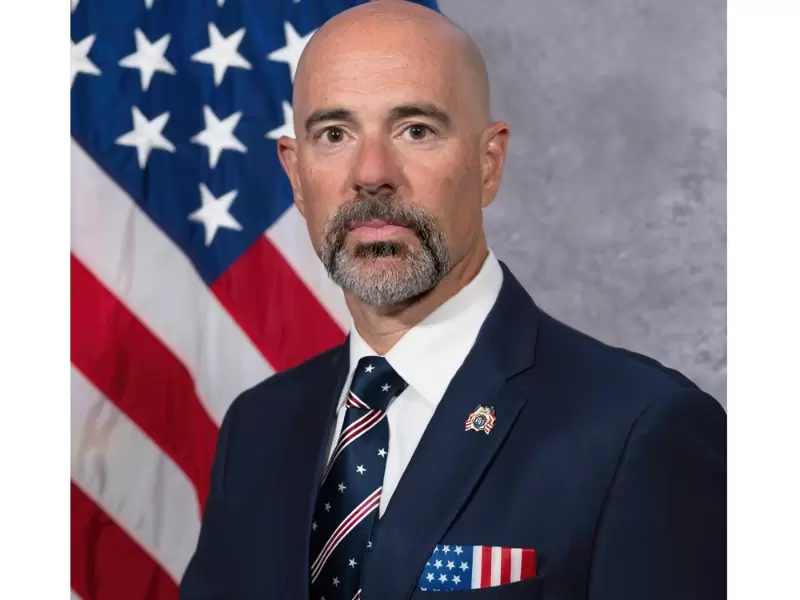

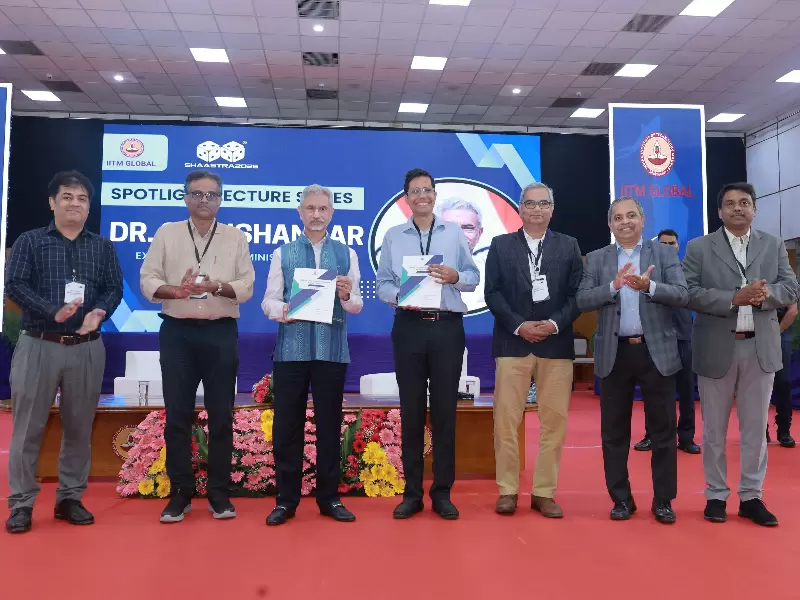
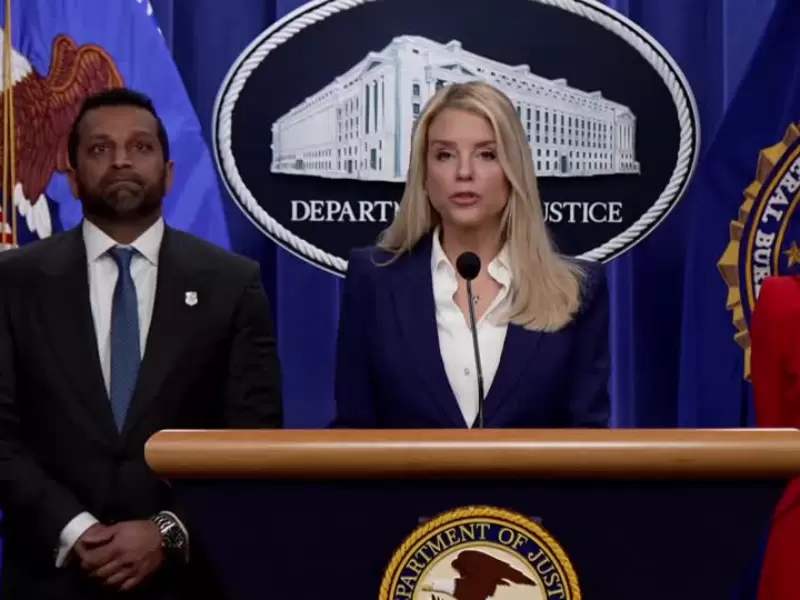


Comments
Start the conversation
Become a member of New India Abroad to start commenting.
Sign Up Now
Already have an account? Login